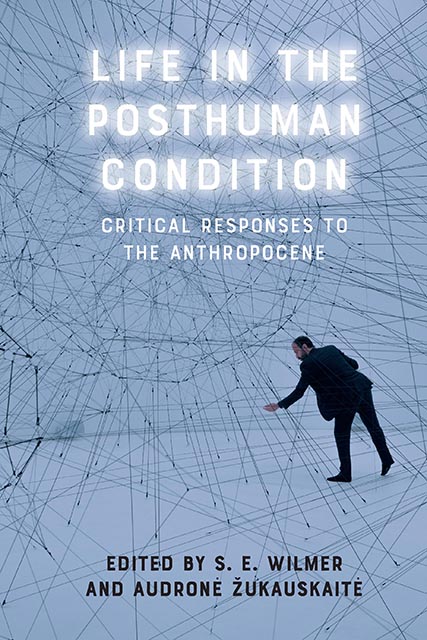4 - Phenomenology of Waste in the Anthropocene
Published online by Cambridge University Press: 20 October 2023
Summary
Introduction
The discussions surrounding the phenomenon of waste do not have an established theoretical tradition in philosophy, therefore the question of a methodological approach is of great importance. My research is phenomenological, which means that its main focus lies on waste as a phenomenon. What appears as waste, what do we conceive as waste? On the one hand, waste seems to be a simple phenomenon: everyone wastes more or less every day, we encounter waste in cities, parks and so on. It would seem that a phenomenological description could describe waste as phenomena appearing right in front of one's eyes. In the Anthropocene, however, waste does not only appear but also changes the environment by means of high-scale pollution, and thus indirectly begins to reshape our view of the world, of others and of the self. Waste is not only a simple object of experience; it is a phenomenon that gains the power to form the horizon of our experience. Therefore, waste requires a multifaceted approach. If we are concerned with ‘the things themselves’, this phenomenon has to be examined within several different dimensions. I will focus on the aspects of the individual's and of society's consciousness and attitude towards waste. Three dimensions of waste's participation in our experience will be distinguished. First, waste will be looked at as a simple phenomenon, then as a fundamental phenomenon and, finally, as a category of self-awareness. By examining the sense of waste as a simple phenomenon, I will determine the most basic structure. Following the footsteps of Martin Heidegger, attention will be drawn to the everyday meaning of waste and examined in terms of its readiness-to-hand. Since waste is no longer only a simple phenomenon and is gaining more and more weight in the perception of the world in the Anthropocene, I will draw on Eugen Fink's notion of a fundamental phenomenon to show the shift in the sense of waste. This shift is from that of a simple phenomenon to a fundamental one. Finally, to go beyond the boundaries of phenomenology, I will discuss how waste is involved in human self-awareness, as well as in the relationship between humans and other living beings.
- Type
- Chapter
- Information
- Life in the Posthuman ConditionCritical Responses to the Anthropocene, pp. 71 - 86Publisher: Edinburgh University PressPrint publication year: 2023



